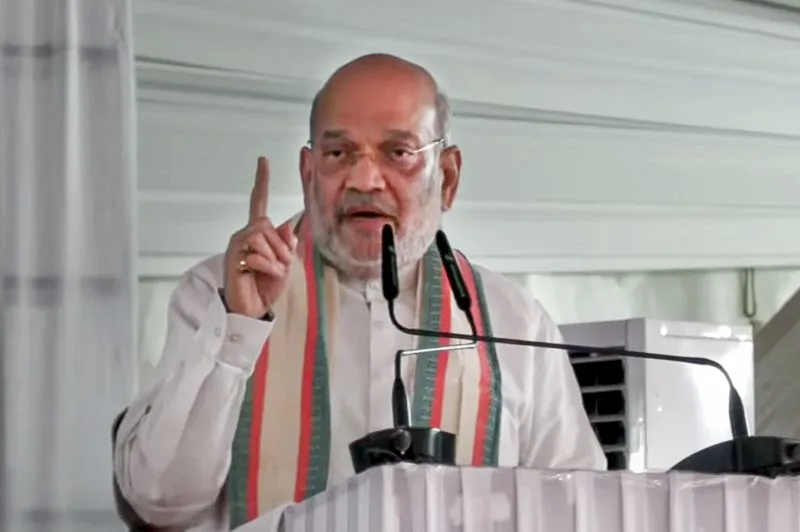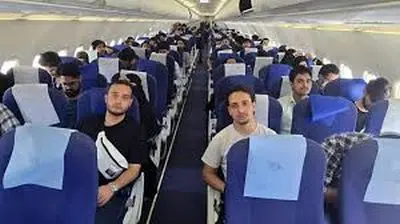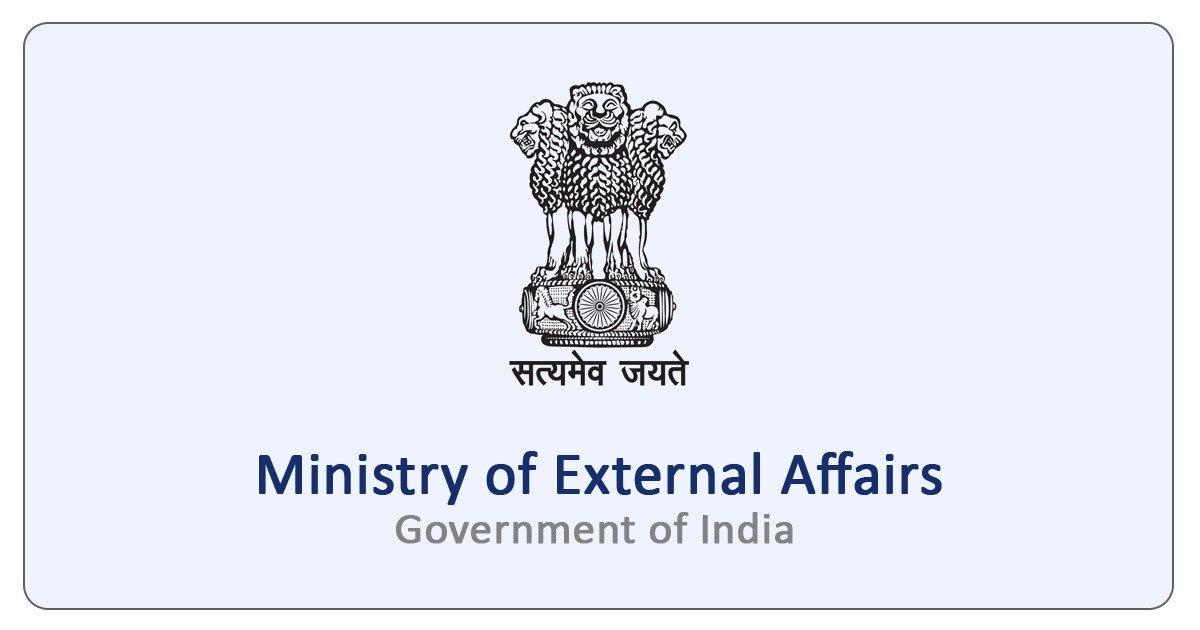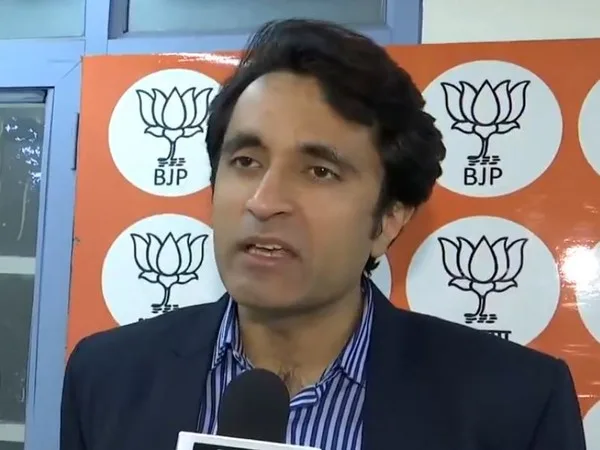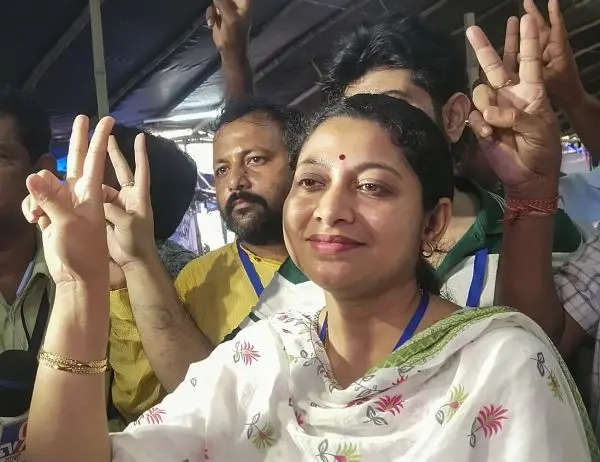New Delhi: Prime Minister Narendra Modi’s energy, dynamism and willingness to engage remains a “prime asset” for India on the global stage but deserves greater backing, Congress MP Shashi Tharoor said on Monday, in remarks that are likely to irk his party and widen the growing cracks in his ties with its leadership.
Tharoor’s praise for the prime minister comes at a time when the Congress has been consistently attacking the Modi government over its foreign policy, alleging that Indian diplomacy is being “shattered” and the country stands “isolated” globally.
In an article published in The Hindu, Tharoor said the diplomatic outreach following “Operation Sindoor” was a moment of national resolve and effective communication.
The Prime Minister’s Office shared Tharoor’s article on X and said, “Lok Sabha MP and former Union Minister Dr. Shashi Tharoor writes- Lessons from Operation Sindoor’s global outreach.”
The BJP took a swipe at the Congress over Tharoor’s article and said the Thiruvananthpuram MP has “exposed” Rahul Gandhi. Reacting to Tharoor’s comments, Bharatiya Janata Party’s (BJP) national spokesperson Pradeep Bhandari said on X, “Shashi Tharoor admits that PM Modi’s dynamism and global outreach are a strategic advantage for India.”
In his article, Tharoor said, “Prime Minister Narendra Modi’s energy, dynamism and willingness to engage remains a prime asset for India on the global stage but deserves greater backing.”
“The diplomatic outreach following ‘Operation Sindoor’ was a moment of national resolve and effective communication. It affirmed that India, when united, can project its voice with clarity and conviction on international platforms,” said the Congress leader, who led a multi-party delegation to the US and four other countries to convey India’s stand following the Pahalgam terror attack and the military operation.
Tharoor said the lessons learned — the power of unity, the efficacy of clear communication, the strategic value of soft power and the imperative of sustained public diplomacy — will undoubtedly serve as guiding principles as India navigates an increasingly complex international landscape, leveraging its three Ts — tech, trade and tradition — and always striving for a more just, secure, and prosperous world.
In his article, Tharoor said the aftermath of the April 22, 2025, Pahalgam terror attack and India’s resolute response through ‘Operation Sindoor’ presented a critical juncture for the nation’s foreign policy.
“While the immediate military action was decisive, the subsequent diplomatic outreach was equally, if not more, vital in shaping global perceptions and consolidating international support,” he said.
“Leading one of the seven all-party parliamentary delegations to five countries in the Western Hemisphere — Guyana, Panama, Colombia, Brazil and the United States — offered me a unique vantage point to reflect on the lessons learned from this intensive period of public diplomacy,” Tharoor said.
One of the most striking takeaways is the power of national unity in projecting a strong foreign policy voice, he said.
The very composition of the delegations, featuring Members of Parliament (MPs) from diverse political parties, different states and varied faiths, was a potent message in itself, Tharoor said.
“It underscored that when it comes to national security and confronting terrorism, India speaks with one voice. This transcended domestic political differences, imbuing our message with greater credibility and gravitas in the eyes of our international interlocutors.
“Whether engaging with the President of Guyana or the US Vice-President, the collective resolve of India, represented by its varied political spectrum, resonated deeply,” he asserted.
The delegations’ primary objective was to provide clarity on ‘Operation Sindoor’, its rationale, the targeted nature of India’s initial strikes against terrorist infrastructure, its calibrated and measured nature, and its avoidance of any harm to civilians and even to Pakistani military facilities, he said.
“We meticulously explained that India’s actions were a legitimate exercise of self-defence, a necessary response to persistent cross-border terrorism. The success of this narrative was evident in the shift witnessed in several capitals.
“For instance, Colombia’s retraction of its initial statement expressing condolences for supposed civilian casualties in Pakistan and its subsequent reaffirmation of support for India’s sovereign right to self-defence was a significant diplomatic victory, directly attributable to our detailed and persuasive engagements,” he said.
Tharoor also talked about the engagements in Washington DC.
“Even as a Pakistani delegation was simultaneously present, we found US representatives, including those who met the Pakistani officials, echoing our concerns and urging decisive action against terror groups such as the Lashkar-e-Taiba and Jaish-e-Mohammed,” Tharoor said.
Following the Pahalgam attack, Tharoor has been making comments on the India-Pakistan conflict and the diplomatic outreach that are at variance with the stand of the Congress, which has been questioning the government over US President Donald Trump’s claims of mediating a ceasefire between the two countries.
He has often drawn criticism from his own party and jibes aimed at him by Congress leaders for his stand.
